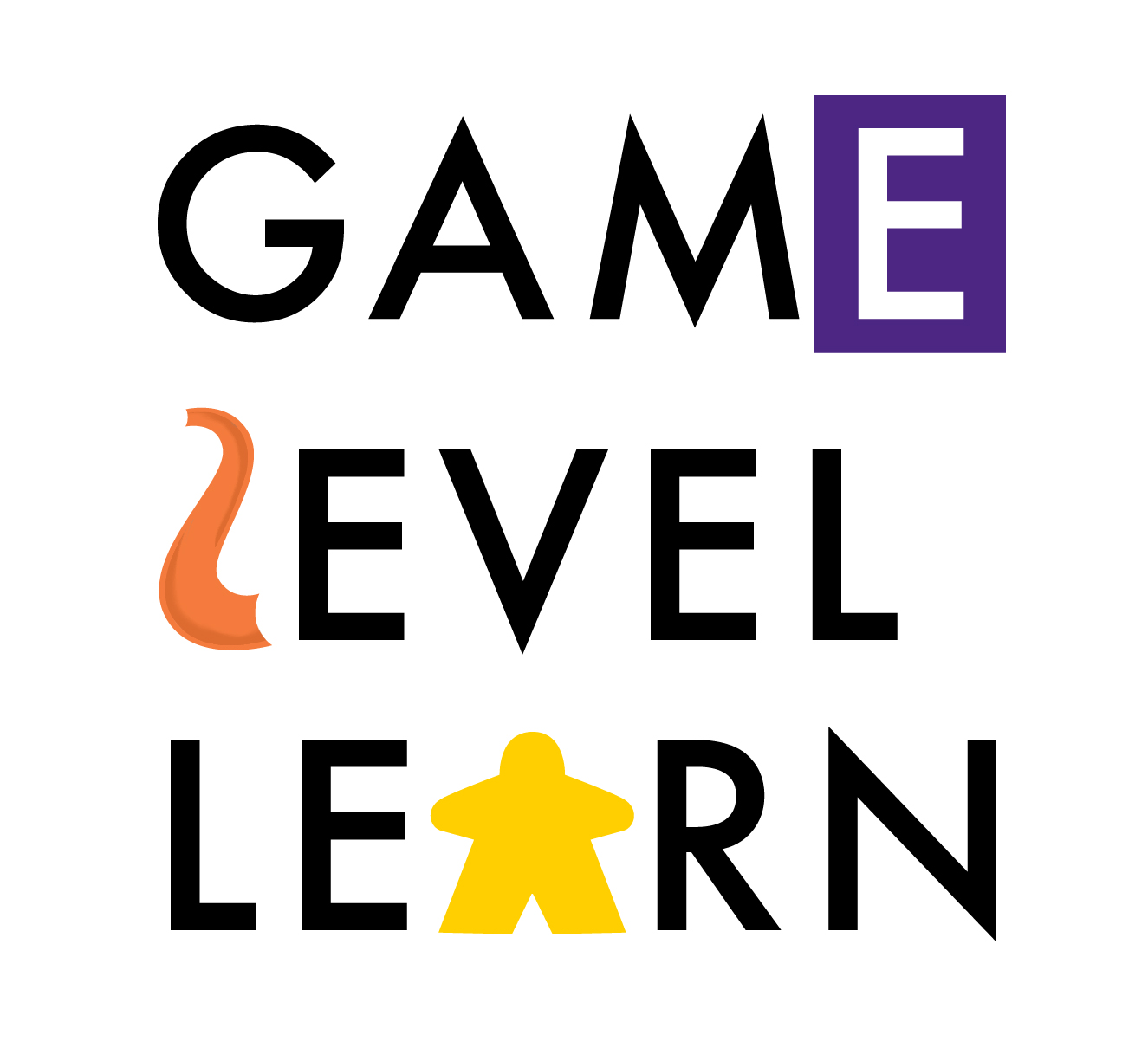51 Mechanics: Pick Up And Deliver
/BoardGameGeek (BGG) is a singular repository of gaming information, knowledge and wisdom that has been serving the modern board game hobby since 2000. I consult it regularly and have used its database to manage my own game collection. I also used it when I was writing my 2016 book on gamified instruction, particularly with regard to the game mechanics that BGG identified and organized content into. While there are more than 85,000 games, even now, there are just 51 mechanics. Since every mechanic offers something to the teacher who wants to use games in the classroom, I'm going to use this section of Game Level Learn and my own contributions to it to assess games from each of these 51 mechanics. Next up?
Pick Up And Deliver games are excellent at helping students master complicated network relationships. In all of these games, players are required to find some kind of object/material/commodity in one part of the board and then bring that object to a different place on the board. It’s really that simple. What makes these games great is how much critical thinking is required in order to maximize the utility and advantage of particular objects and particular routes. There are always a significant number of ways to win these kinds of games…what makes the difference is whether the player has selected the optimal combination of commodity and route. These games are great at simulating economic realities of different kinds (what’s the difference between a land route, a railroad and a sea route, for example). They are uniquely useful at helping understand now by-gone technologies. They are, most importantly, fun to play.
Firefly: The Game (BGG Rank: 274)
One of the best board game redeployments of an existing intellectual property, Firefly is an almost perfect representation of the television show on which it is based. Throughout a star system players will find a host of characters who have jobs that pay decently or pay well, depending on how immoral/moral or criminal/law-abiding the player is prepared to be. Every game is different because of the combination of ships/characters/objectives that are used to initiate play. I’ve never won this game, but I keep coming back to it.
Flash Point: Fire Rescue (BGG Rank: 252)
Flash Point is a cooperative game in which the players adopt the roles of different members of a fire brigade attempting to save the residents of a home that is on fire. Like any other cooperative, this game is tense and easy to lose, but it is in the management of the victims (that which is picked up and delivered) that makes this unlike other cooperatives. Great at building team process as well.
Istanbul (BGG Rank: 91)
Istanbul is a fantastic game in which players are moving around a simulated city trying to acquire gems. These gems are available at a variety of places, but these each require a different object from somewhere else to acquire. Not especially difficult to understand, Istanbul is fiendishly difficult to master.
Niagara (BGG Rank: 1074)
An old classic, in Niagara players are attempting to gather gems (gems, again!) from the shore of a raging river. The boats the players command move based on weather cards played by the various players. Coordinating moves is exceptionally interesting and very difficult.
Space Dealer (BGG Rank: 1596)
Space Dealer is a trading game in which players are trying to deliver goods within a particular time window. Every player has two egg timers to manage what they’re doing. As they take actions, the timers tick off time. When the timers runs out, the ship is grounded. Each game takes 20-30 minutes, but in that time, the players are going to be working every second!
Cover image from: https://www.boardgamegeek.com/image/1732600/niagara


